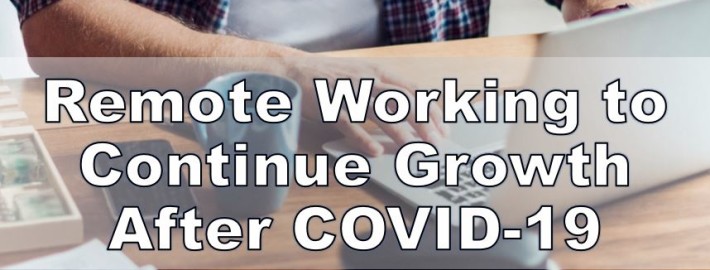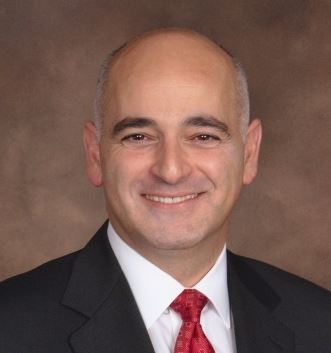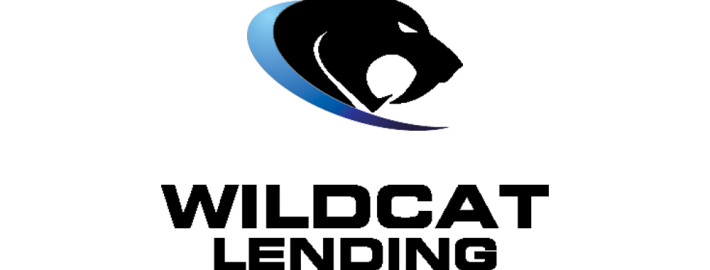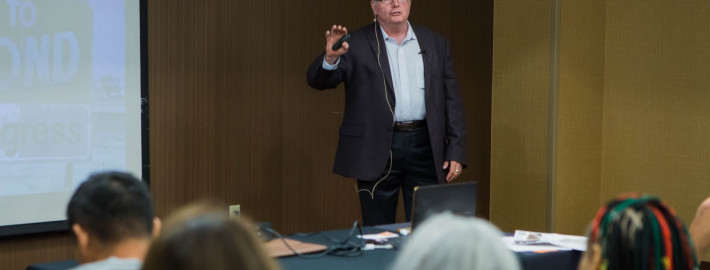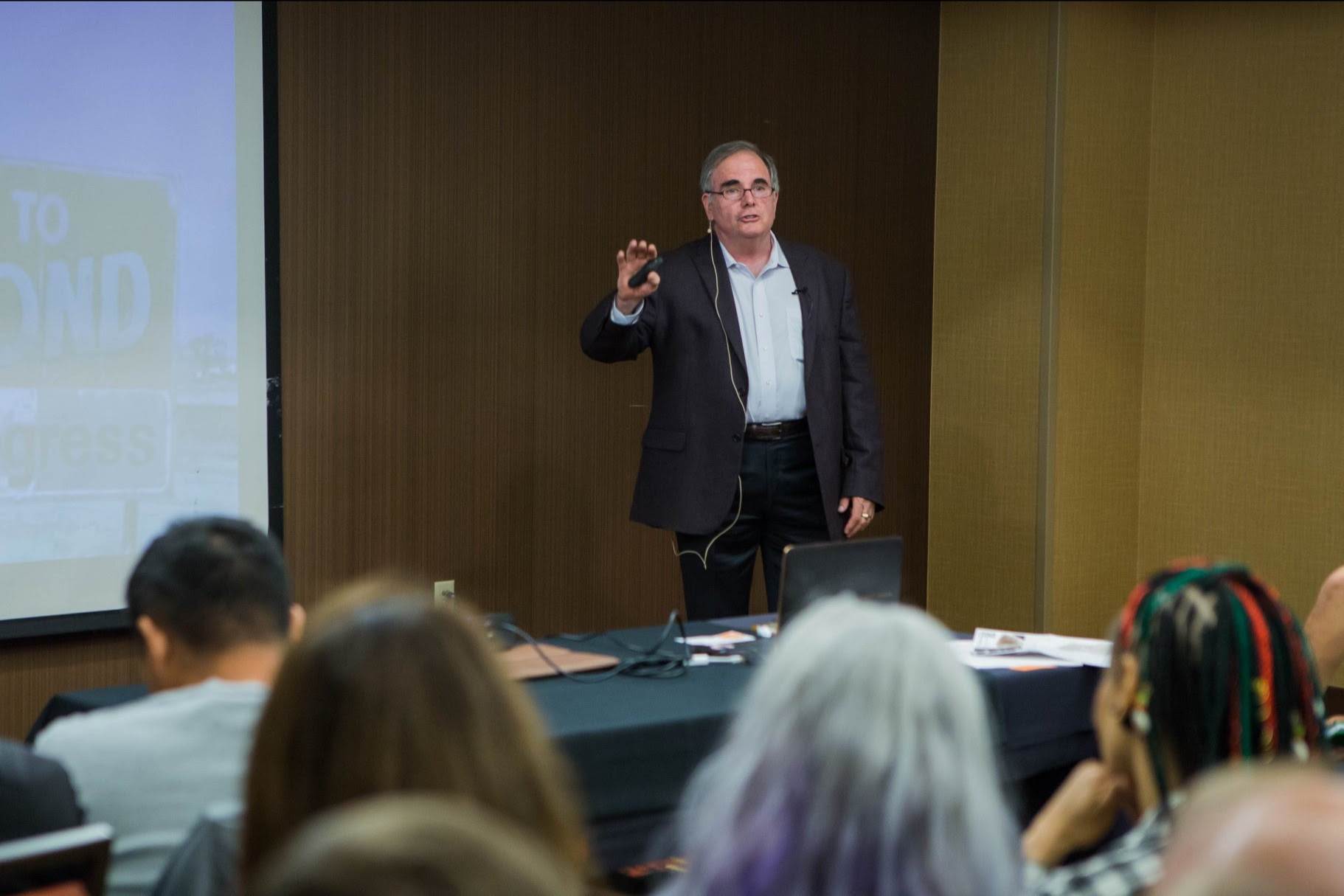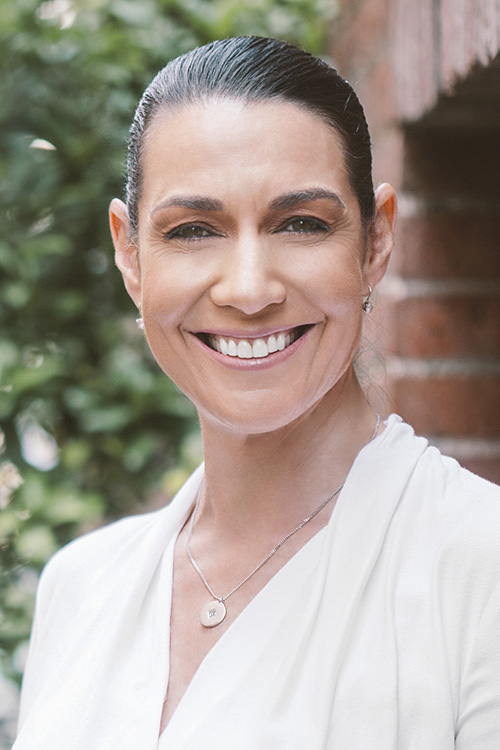Remote Working Trend to Grow Further After COVID-19
By David Mashian
As we deal with the COVID-19 pandemic remote working is one of the new trends that has been ignited, and it looks like it will be here to stay after this crisis passes. Working remote is the new normal, as far as this quarantine period goes, and it will be a new work option offered employees going forward. In fact, Indeed, the online job board, has created a remote working category for employers and job seekers alike. Companies seeking to tightly manage costs are realizing the cost benefits of a remote workforce, and the trend looks likely that past on-site employees will be shifted to permanent remote positions.
An unexpected consequence is that some of this remote work will be shifted out of state or offshore, where labor is cheaper. A business owner I know was resisting putting his employees to remote work positions, but soon realized that he can also shift a lot of his expensive domestic labor abroad and save costs. Unfortunately, this will have a negative impact for local or domestic jobs.
On a positive note, people having to live in expensive parts of the country will be able to move elsewhere, save costs, improve their quality of life and keep their job. The Location Premium that employees pay, such as people who work in Silicon Valley tech jobs to be in Silicon Valley, will be mitigated by employees who work remote. In fact, this bodes well for an improvement in quality of life for many people who choose to work remote or go out of state to cheaper areas of the country. Similarly, this will help lessen crowding and traffic in big cities.
Doing meetings virtually has gone up dramatically, and companies like ZOOM, GoToMeeting and others are taking off. Even Google added virtual meetings to its suite of services. I am hearing that busy executives like these online meetings because it saves them time travelling by plane or car, and that they get more done as a result of the time savings. My executive friends say that once their lease on their office ends, they will not be renewing their lease having tasted the benefits of working remote. They like the savings of rent, parking, gas and time.
IMPACT ON REAL ESTATE
Given the increase of remote working, it is easy to conceive that many companies will start to reduce their office space after COVID-19, so office properties will be directly impacted. I personally have seen tenants moving out of their offices during this pandemic. The flip side to this is that many remote workers will likely want to have flexibility for a workspace of their own, other than their home, so executive office companies should benefit. Companies as We Work, Regus and others will likely be able to take advantage of this shift in the marketplace by getting better locations, and lower pricing. Other contenders include incubator spaces for business and technology startups. Similarly, office property owners will need to rethink what amenities they offer to attract and keep tenants, such as dining, coffee shop, gym, shared space, outdoor meeting space, or even convert buildings to mixed use.
Bottom line, in this crisis, opportunity also looms, and the old players and roles will shift. Accepting the situation and adapting to it by implementing creative vision will bring wealth and success to those who take the risk.
David Mashian
David Mashian is the founder and CEO for MoneyMac Loans. David started MoneyMac because he personally experienced and realized that small businesses and entrepreneurs could not qualify for loans under the traditional bank lending standards. MoneyMac is a nationwide lender dedicated to providing investment real estate loans for residential 1-4, multi-family, mixed-use and commercial properties. David provides asset-based investment property loans give financing for tough to qualify borrowers, including W-2 employees, self-employed entrepreneurs and small business owners. MoneyMac focuses on the property’s value and the borrower’s credit, without using bank statements or tax returns.
David is a proven real estate industry leader, who has helped many companies transform their business goals to reality. He has a high degree of real estate experience and expertise spanning from real estate finance, brokerage, sales, leasing, brokerage management, and franchising of real estate brokerage companies. Using his wide base of connections to brokers, investors and industry leaders, David has put together many deals for joint ventures, debt & equity raises, acquisitions, and real estate sales. David graduated from the University of California, Los Angeles, and teaches Real Estate Principles at the University of California, Irvine.

